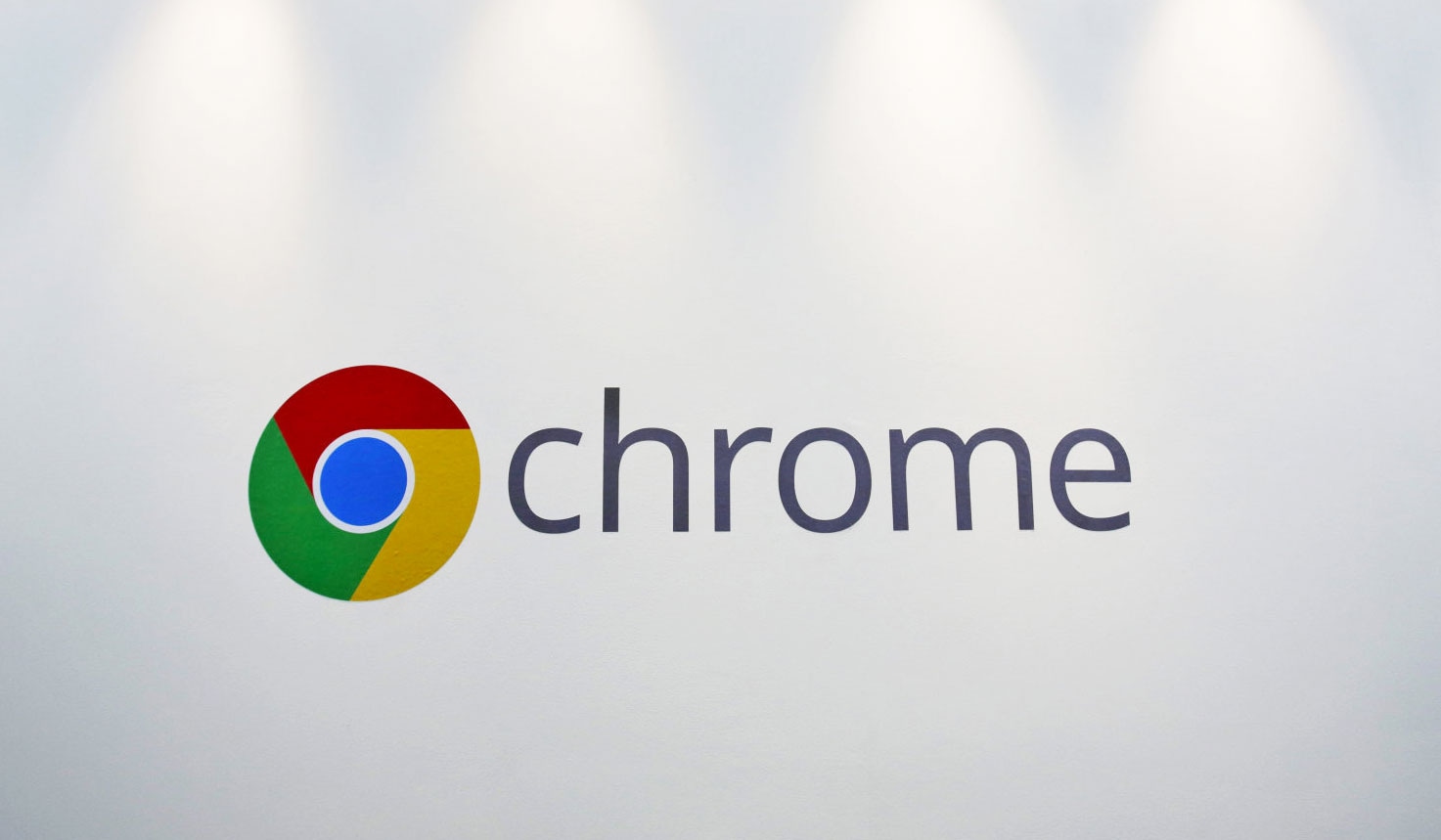VPN: Do You Need One?
How much of your life is on the internet? How much do you communicate online?
If you’re like most of us, you probably reveal much more about yourself than you intended. Your schedule, your relationships, your general location, your political and religious loyalties- all are open to public scrutiny on the web. Skilled hackers can also obtain your credit card, social security, and bank account numbers, plus your identification codes.
The web is notoriously insecure. What’s even more alarming is that your ISP is allowed to sell your browsing history.

How, then, can you keep your data secure?
One of the most effective methods is the virtual private network (VPN), an encrypted connection between you and the network’s private server. Some experts call such connections “tunnels”. The network masks your identity, because to a hacker or a spy, your web surfing appears to originate from the VPN’s address. It’s highly unlikely your data will be intercepted, especially if the sites you visit are secured with HTTPS protocol. If it is intercepted, though, it’s almost impossible for anyone to trace it back to you.
What level of protection do you need?
How do you know you need a VPN? It depends on how concerned you are about data privacy. If you never use public WiFi networks, you never buy anything online, and you keep a low profile, ordinary internet precautions may be enough. Even in this case, an extra level of protection may be wise.
You certainly should consider a VPN if you use public WiFi. You need to be especially wary on public networks. Not only is public WiFi vulnerable to spies, some such networks are actually run by the thieves. The Applebee’s name on the network doesn’t always mean Applebee’s operates it. Anyone spying on the airport or coffee shop WiFi, though, will be unable to intercept data you’ve routed it through a VP network.
Consider, also, whether and how often you shop via the internet. Buying online can expose your credit card numbers, bank account numbers, personal I D codes, and other private data.
Finally, what is your profession? What are your hobbies? How do you use social media? If you’re a journalist, a public official, or a celebrity, you could be a high-profile target. Countless people may have powerful incentive to ruin your life, and an insecure web connection may be the opening they need.
If any of this applies to you, you need an extra measure of online security. You may need a VPN.
(For a secure home internet connection, talk to us. We can help.)


